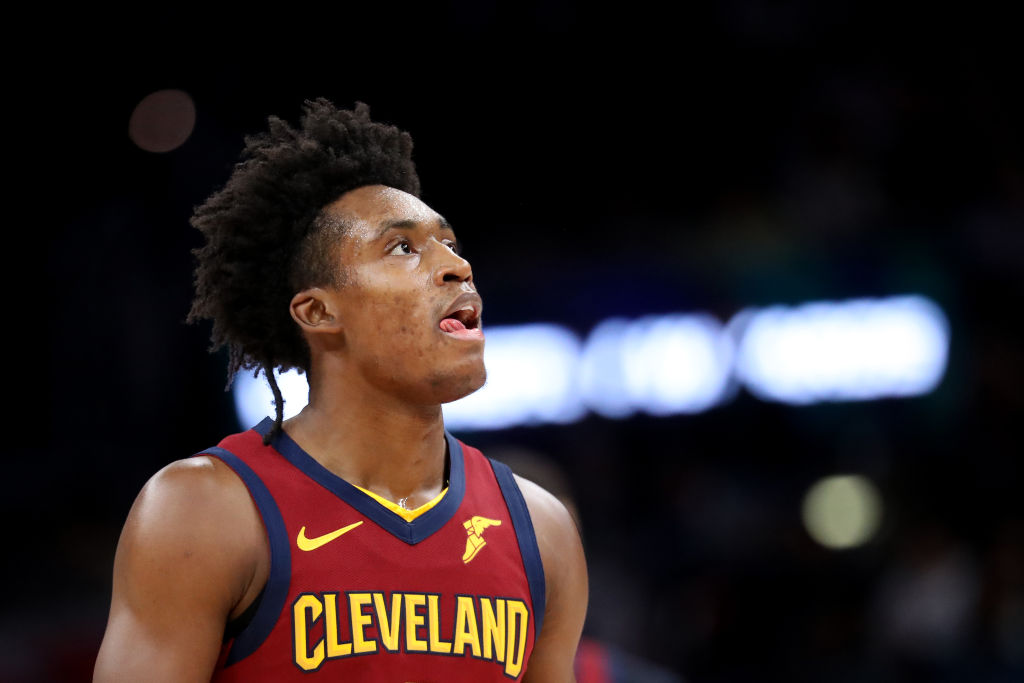Ego and self-esteem are two core qualities in sports management. On a collective level, because fitting the personalities, desires and performance of 15 people in unison is a difficult task. Individually, because it is almost impossible for the player’s perception of himself to coincide 100% with his real possibilities. To a certain extent, this must be the case. Controlled conflict is almost always necessary to grow as a group and also the player needs to ambition beyond their apparent abilities to evolve. But there are infinite cases in which the clash between ego, individual capacities and adaptation to a collective friction until collapse.
There was a day that Manu Ginobili, already at that time one of the best players on the planet, had to yield with clairvoyance. Popovich glimpsed that the team would grow with him coming off the bench, and after grumbling, a man as smart as the Argentine could not deny that that old curmudgeon was right. Not long after Lou Williams, a guy for whom putting baskets is an instinct as basic as breathing, without fanfare assumed the second unit as a natural habitat as soon as he saw that being a starter did not leave him as much freedom. It is from this absence or renunciation of the ego as we understand it in general terms that two of the best sixth men of the last 20 years of basketball are born. However, admirable as their cases are, they do not represent the general norm.
To read this full text and access many more advantages subscribe to Extra Trends Wide (Trends Wide.com ad-free + podcast + special texts + newsletter + Discord chat with editors and other subscribers)




